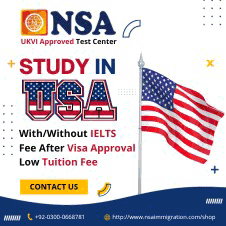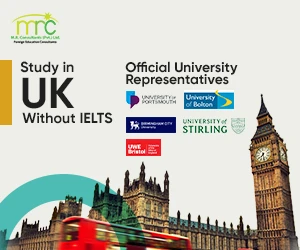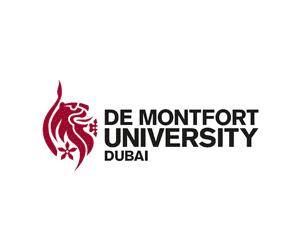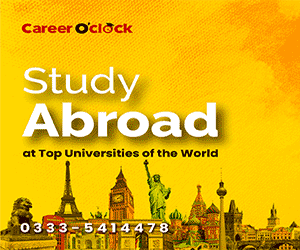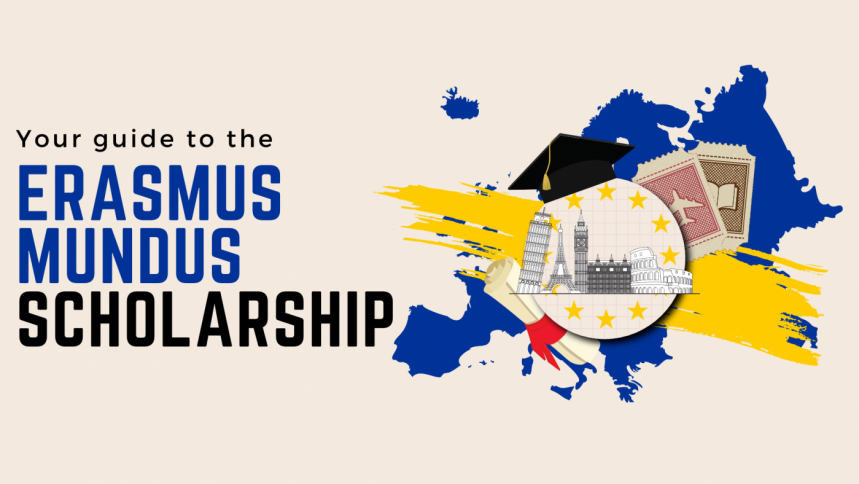
EMJM scholarships can be offered to students from all over the world. However, consortia should ensure geographical balance - i.e. no more than 10% of the total number of scholarships awarded during project implementation should be awarded to candidates from the same nationality.
Erasmus + is a European Union programme that supports education, training, youth and sport. Through it, over two million students can benefit from a mobility bursary in Europe: it covers the 2014-2020 period, with a budget of 14.7 billion Euros. The Erasmus Mundus joint Master's offer is a study programme that awards scholarships to the world's best students for one or two years, regardless of their field of studies. To receive one, these students must take their master's programme in at least two countries participating in the programme. Several French institutes of higher education offer joint Master's programmes. In the framework of bilateral agreements between institutes of higher education, Erasmus+ also offers mobility scholarships from and to France. They cover removal and accommodation costs. Find out more from the institute you are enrolled in.
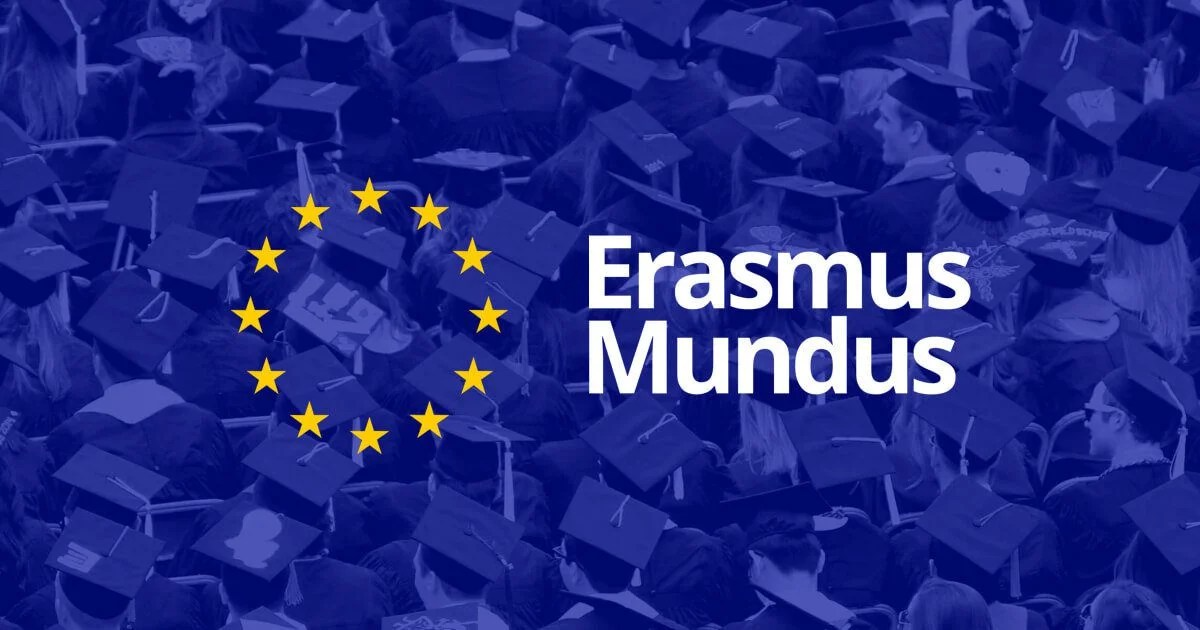
| Date | Event |
| September 2024 | Application opening |
| December 2024 | Application deadline |
| February-March 2025 | Selection results |
| April-May 2025 | Admission confirmation |
| September 2025 | Program start |
Erasmus+
Erasmus+ is the EU's programme to support education, training, youth and sport in Europe. It has an estimated budget of €26.2 billion. This is nearly double the funding compared to its predecessor programme (2014-2020). The 2021-2027 programme places a strong focus on social inclusion, the green and digital transitions, and promoting young people’s participation in democratic life.
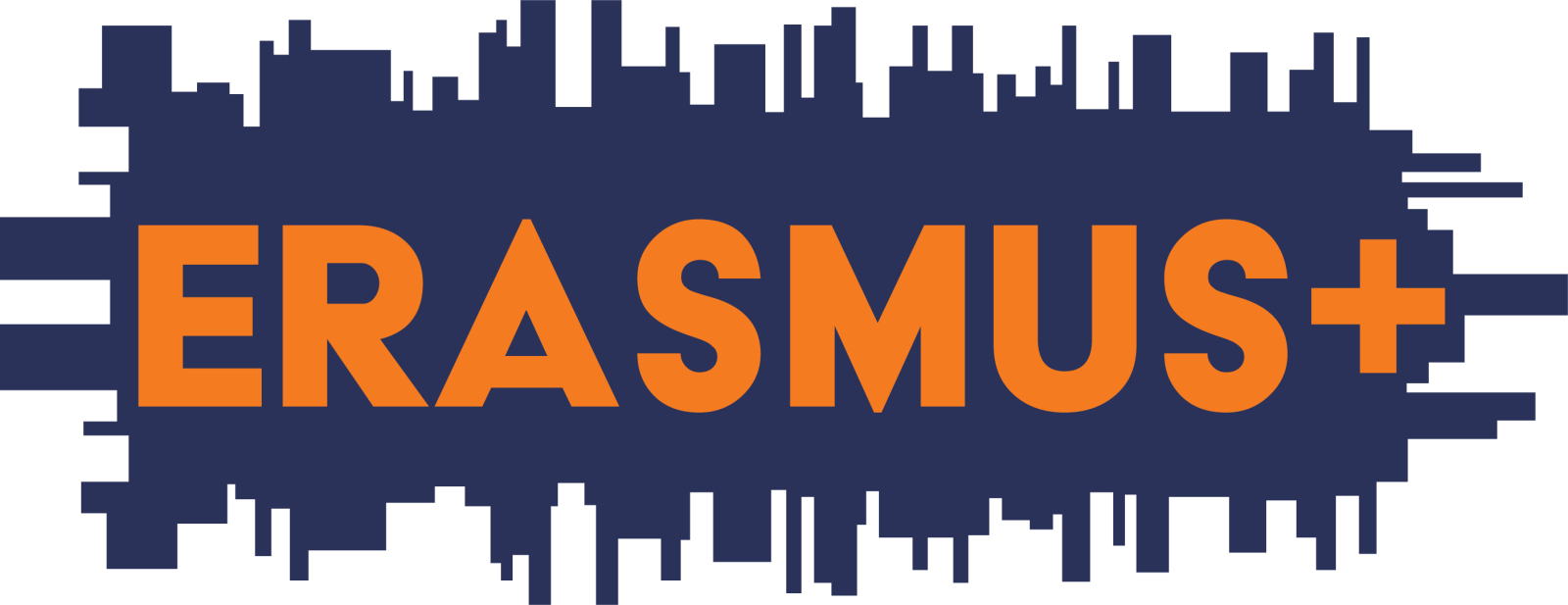
It supports priorities and activities set out in the European Education Area, Digital Education Action Plan and the European Skills Agenda.
-
supports the European Pillar of Social Rights
-
implements the EU Youth Strategy 2019-2027
-
develops the European dimension in sport
Erasmus+ Erasmus Mundus Joint Master's (EMJM) scholarship with France as one of the participating countries and an application deadline of December 2024:
Erasmus+ Erasmus Mundus Joint Master's (EMJM) Scholarship
The Erasmus Mundus Joint Master's (EMJM) program is a prestigious, integrated, international study program, jointly delivered by an international consortium of higher education institutions.
Eligibility Criteria
-
Citizenship: International students (non-EU)
-
Academic background: Bachelor's degree (or equivalent)
-
Language proficiency: English (IELTS) or French (B2 level)
-
GPA: Minimum 3.5/4 or equivalent
-
Age: No age limit
Benefits
-
Tuition fees covered
-
Monthly stipend: €1,000-1,400
-
Travel allowance: €1,000-2,000
-
Installation allowance: €1,000
-
Health insurance
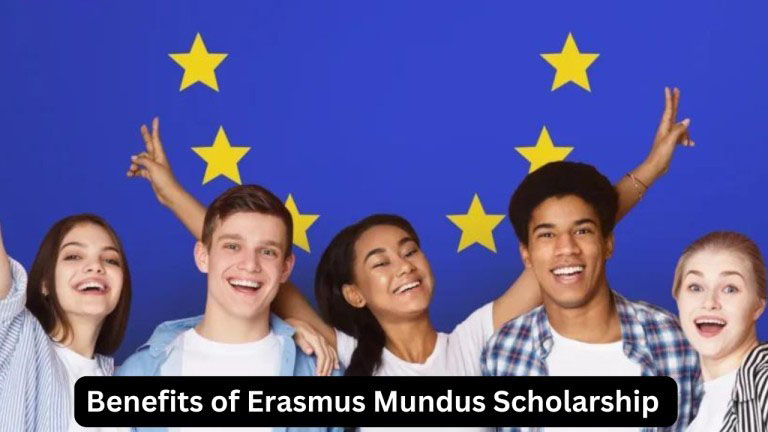
EMJM Programs Offered in France
-
Master's in Advanced Materials Science and Engineering (AMASE)
-
Master's in Biomedical Engineering (BME)
-
Master's in Data Science (DS)
-
Master's in Environmental Sciences (ES)
-
Master's in International Business (IB)

Application Process
-
Choose your EMJM program
-
Check eligibility criteria
-
Prepare required documents
-
Passport
-
Language proficiency certificates
-
Transcripts
-
Diplomas
-
Letters of recommendation
-
Personal statement
-
CV
-
Submit application online through the EMJM program's website
-
Wait for selection results
Application Deadline
-
December 2024 (specific dates vary by program)
Selection Criteria
-
Academic merit
-
Language proficiency
-
Professional experience
-
Personal statement
-
Letters of recommendation
Opportunities
Erasmus+ offers mobility and cooperation opportunities in
-
higher education
-
vocational education and training
-
school education (including early childhood education and care)
-
adult education
-
youth
-
sport
Erasmus+ Programme 2021–2027
On 30 May 2018, the European Commission adopted its proposal for the next Erasmus programme, with a doubling of the budget to 30 billion euros for the period 2021–2027. Further negotiations were expected to take place during the 2019–2024 European parliamentary term with the European Parliament and the European Council before the final programme is adopted. The agreement between the European Parliament and the European Council was adopted and the publication of the new regulation 2021/817 establishing the new Erasmus+ programme was made on 28 May 2021.
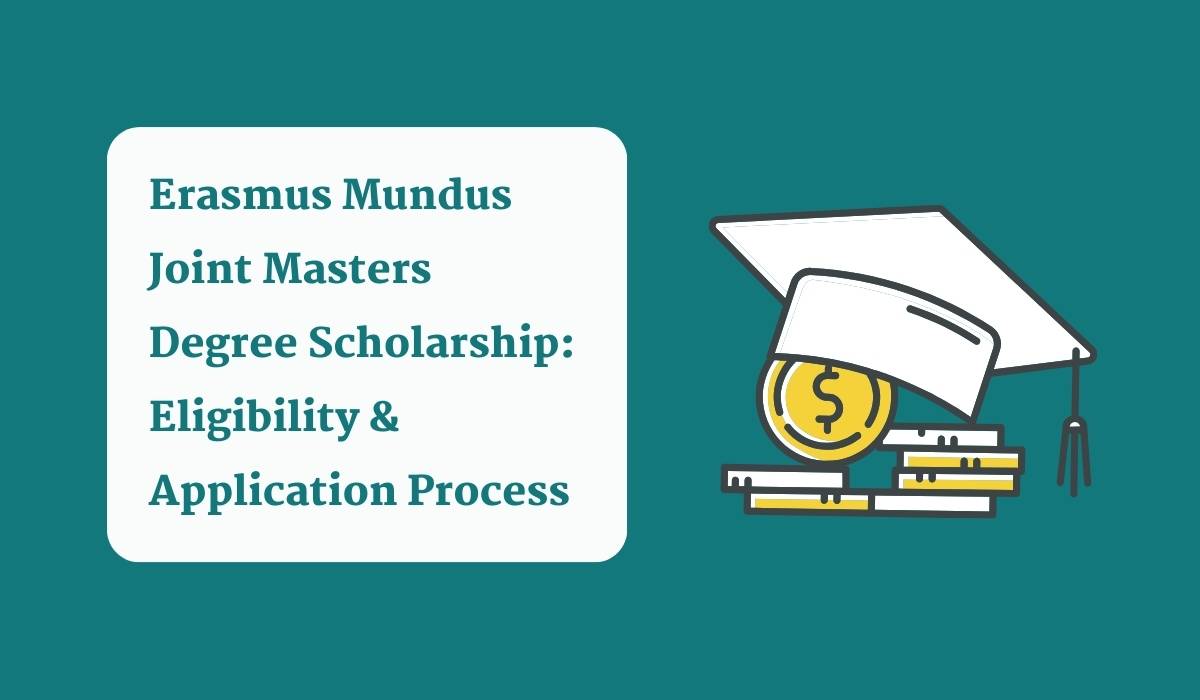
Priorities of the Erasmus+ Programme
-
The Programme seeks to promote equal opportunities and access, inclusion, diversity and fairness across all its actions.
-
Digital Transformation.
-
Environment and fight against climate change.
-
Participation in democratic life, common values and civic engagement.
Frequently Asked Questions
What is Erasmus' main goal?
The main goals of the Erasmus + programme are to improve the quality of education in Europe, to develop mobility and cultural ties between students from European and the EU neighboring countries.
Is Erasmus+ free?
No, Erasmus+ is not free, but it does provide funding to help cover costs. Its fully funded scholarship.
Who is eligible for Erasmus+?
The Programme is open to any organization active in the fields of education, training youth or sport. Several Actions are also open to the participation of other players in the labour market.
What is the requirement of Erasmus?
A first degree equivalent to 180 credits or 180 ECTS from an internationally recognized university or college. A minimum of two year's practitioner experience in the field of human rights.
Is GPA important for Erasmus?
Typically, a GPA of 85 is quite strong and should meet the minimum requirements for many Erasmus Mundus programs. However, it's essential to check the specific requirements of the program you're interested in applying to, as they may have different criteria.
Who is eligible for Erasmus students?
You must be registered in a higher education institution and studying for a recognized degree or third level qualification and be in at least your second year. The study abroad or traineeship must be relevant to your degree or your personal development needs.
Who funds Erasmus?
The European Commission The EACEA and Commission also carry out studies and research, as well as managing and financing the other bodies and networks supported by Erasmus+.



.gif)


 267
267
 0
0



